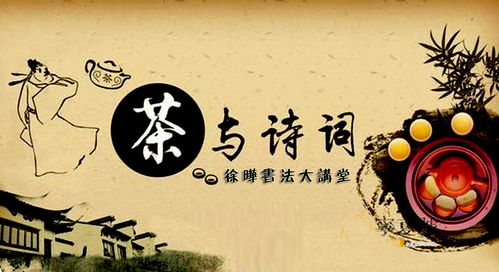用茶表达思念的诗句
Exploring the Poetic Connection Between Tea and Melancholy
Tea, with its rich history and cultural significance, has often been intertwined with themes of introspection, solitude, and melancholy in poetry. Across various cultures, poets have found inspiration in the ritual of brewing and sipping tea, using it as a metaphor for life's transient nature, human emotions, and the passage of time. Let's delve into this poetic connection between tea and melancholy.
Tea has long been celebrated for its calming properties, its ability to soothe the mind and body, and create a sense of serenity. In poetry, this tranquility is often depicted as a refuge from the chaos of the world, a moment of quiet contemplation amidst the tumult of life.
For example, the renowned Chinese poet Lu Tong captured this sentiment in his poem "Seven Bowls of Tea," where he describes the gradual transformation of the drinker's state of mind with each sip, eventually leading to a state of profound peace and clarity.
Despite its associations with tranquility, tea also evokes a sense of melancholy in poetry, reflecting on the fleeting nature of existence and the bittersweet beauty of life's impermanence.

Japanese haiku poets, such as Matsuo Basho, often explored themes of transience and melancholy in their verses, using simple yet evocative imagery to convey the ephemeral nature of human experience. In Basho's haiku:
Tea at dawn—
the thin mist,
only this.
the act of drinking tea becomes a poignant moment of solitude and reflection, heightened by the delicate veil of mist that shrouds the dawn.
Moreover, the aroma of tea itself can evoke a sense of wistfulness, stirring memories of bygone days, lost loves, and moments of nostalgia. Poets often use sensory imagery to capture the elusive essence of tea, weaving it into their verses like a delicate thread of longing.
In his poem "The Old Tea Seller" by Baisao, a Zen monk and poet from 18thcentury Japan, he reflects on the passage of time and the inevitability of change, using the tea seller's humble existence as a metaphor for life's impermanence.
From ancient Chinese tea ceremonies to contemporary English tearooms, the poetic connection between tea and melancholy transcends time and culture. Through its rituals, aromas, and flavors, tea invites us to contemplate the complexities of the human experience, embracing both moments of serenity and wistful introspection.
In poetry, tea becomes a metaphor for life itself—fragile yet resilient, fleeting yet enduring. It is in the quiet moments of brewing and sipping that we find solace amidst the chaos, and beauty amidst the melancholy.
